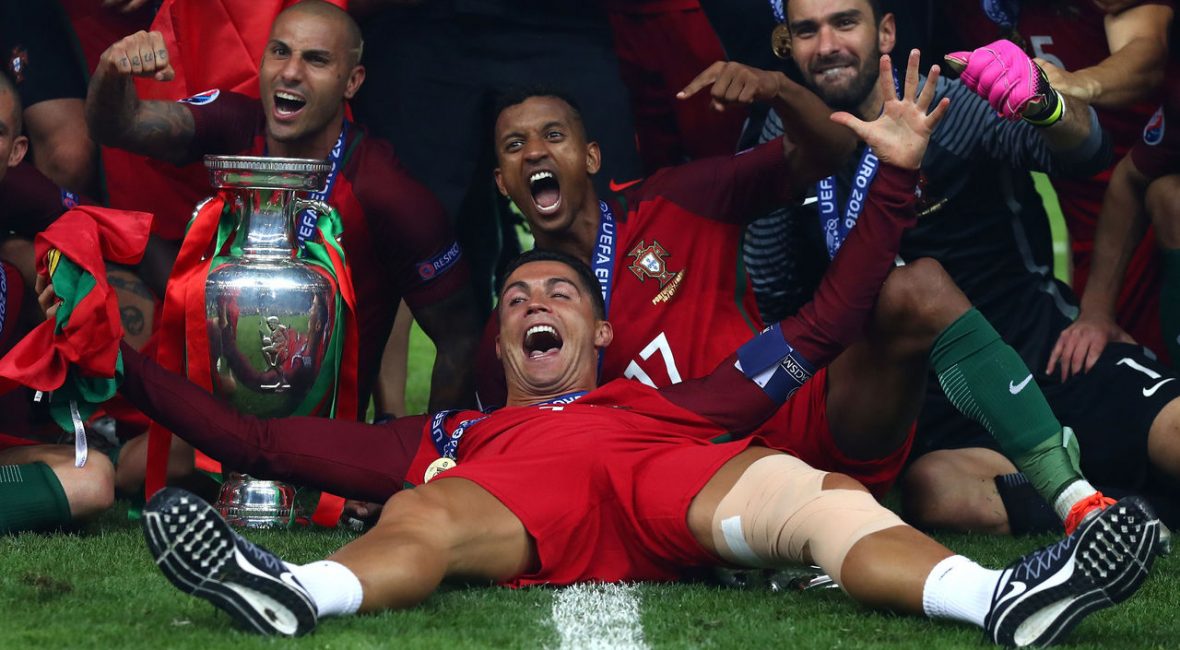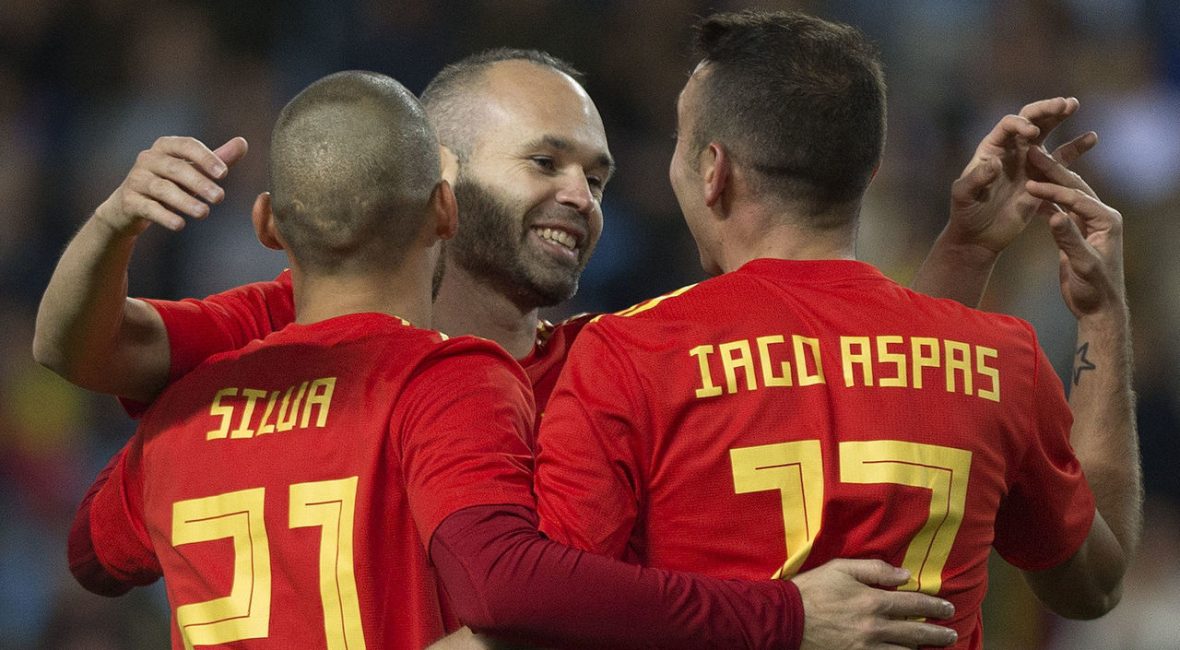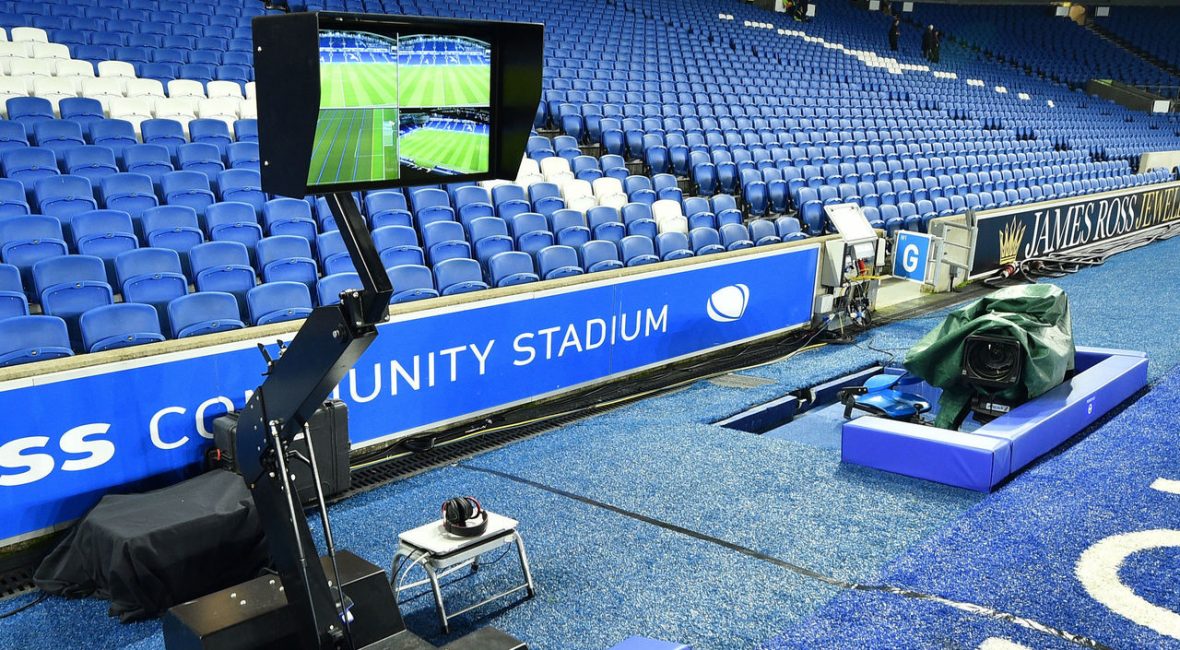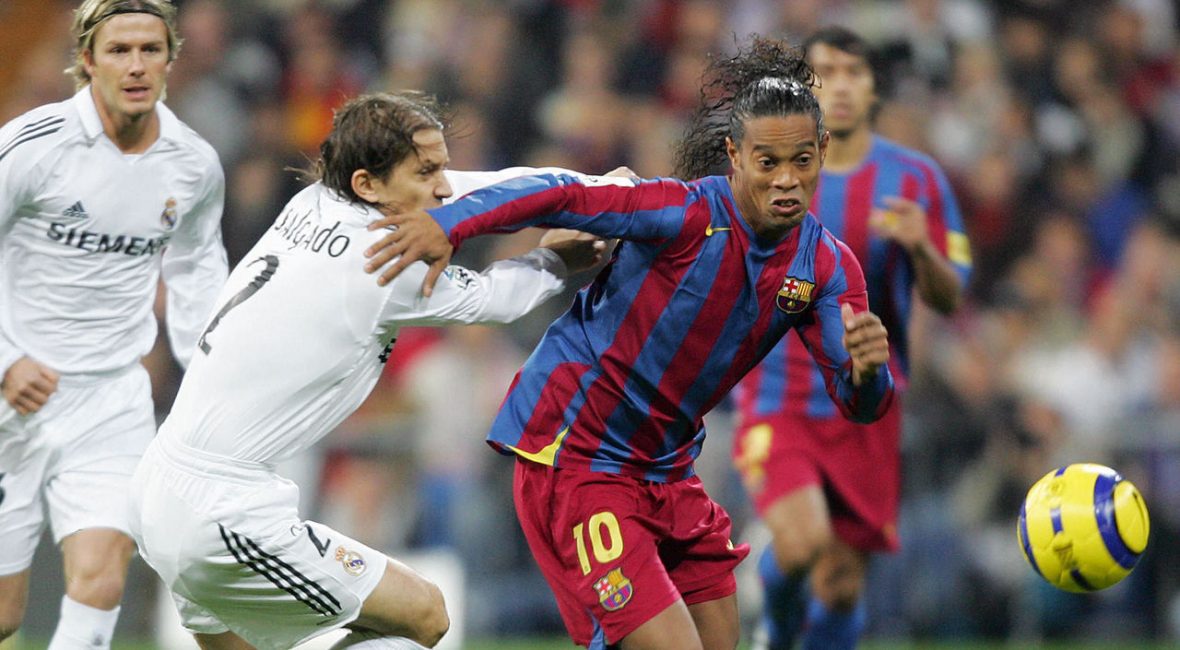UEFA’s plans to spruce up international football comes to fruition Wednesday, when the draw for the newly created Nations League takes place in Lausanne, Switzerland.
An idea conceived in 2011 following complaints over the number of perceived meaningless friendlies, the Nations League is expected to up the ante with more competitive fixtures between similarly ranked teams.
Each of UEFA’s 55 member nations will be divided into four leagues based on their coefficient rankings, with two-legged series set to begin in September. The winners of each group will be promoted and the last-place finishers relegated. For the group winners in League A, a final showdown – complete with one-off semi-finals, a third-place match, and a winner-take-all showpiece – awaits in June 2019.
The objective is to fill years without major competitions like the European Championships and the World Cup with more fare for the football-loving public.
Teams ranked 1-12 will be placed in League A, 13-24 in League B, 25-39 in League C, and 40-55 in League D.
In Leagues A and B, four groups of three will be formed by picking countries at random from separate pots. League C will feature one group of three and three groups of four. Finally, League D will be divided into four groups of three.
Here’s how that looks at the moment:
League A
- Pot 1: Germany, Portugal, Belgium, Spain
- Pot 2: France, England, Switzerland, Italy
- Pot 3: Poland, Iceland, Croatia, Netherlands
League B
- Pot 1: Austria, Wales, Russia, Slovakia
- Pot 2: Sweden, Ukraine, Republic of Ireland, Bosnia and Herzegovina
- Pot 3: Northern Ireland, Denmark, Czech Republic, Turkey
League C
- Pot 1: Hungary, Romania, Scotland, Slovenia
- Pot 2: Greece, Serbia, Albania, Norway
- Pot 3: Montenegro, Israel, Bulgaria, Finland
- Pot 4: Cyprus, Estonia, Lithuania
League D
- Pot 1: Azerbaijan, FYR Macedonia, Belarus, Georgia
- Pot 2: Armenia, Latvia, Faroe Islands, Luxembourg
- Pot 3: Kazakhstan, Moldova, Liechtenstein, Malta
- Pot 4: Andorra, Kosovo, San Marino, Gibraltar
For political reasons, neither Ukraine and Russia, nor Armenia and Azerbaijan, can be drawn together.
In essence, UEFA has adopted the promotion-relegation model followed by most domestic leagues to drum up interest in matches that FIFA will continue to regard as friendlies. But for certain minnows of European football, the new format will provide them with a back-door opportunity to reach the 2020 European Championship.
The usual qualifying cycle for the 2020 Euro will run from March 2019 to November 2019, with the top two sides from each of the 10 main qualifying groups booking automatic berths. However, unlike previous years, third-place finishers won’t enter a play-off to determine the final four teams. Instead, the Nations League’s 16 group winners – four from each tier – will fight amongst each other for that right.
Each tier will host its own semi-finals and final in March 2020 to award the last four tickets. Teams that have already qualified for the Euros will be replaced by those with the next-best coefficient ranking.
If a league cannot provide four teams, those slots will be allocated to non-group winners from another league. Teams will be parachuted in based on a complicated formula that factors in their points total, goal difference, goals scored, away goals scored, wins, away wins, red and yellow cards, and their coefficient ranking.
For example, because each nation from League A is strong enough to qualify for Euro 2020 on its own, teams could be promoted from League B to fill League A’s quota.
Europe’s lesser lights will also feel empowered. League D’s Pot 1 entrant Georgia has a chance to reach the quadrennial tournament for the first time in its history as one of the stronger sides in that tier. And bottom-feeders Andorra and San Marino would do well to avoid loftier opposition – and the thumpings that come with it.
The first batch of matches is slated for Sept. 6.







